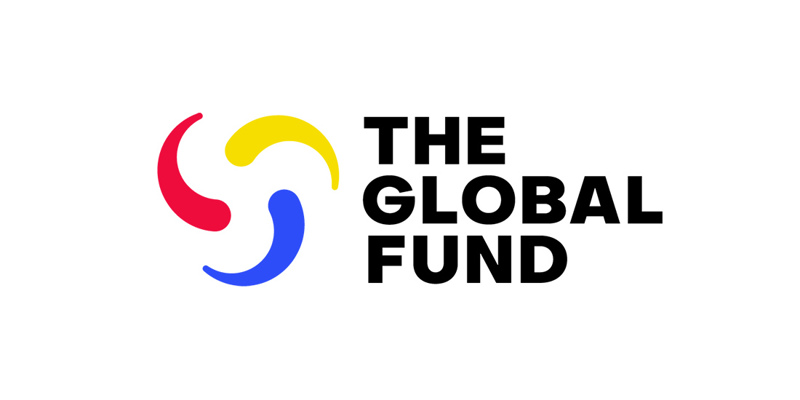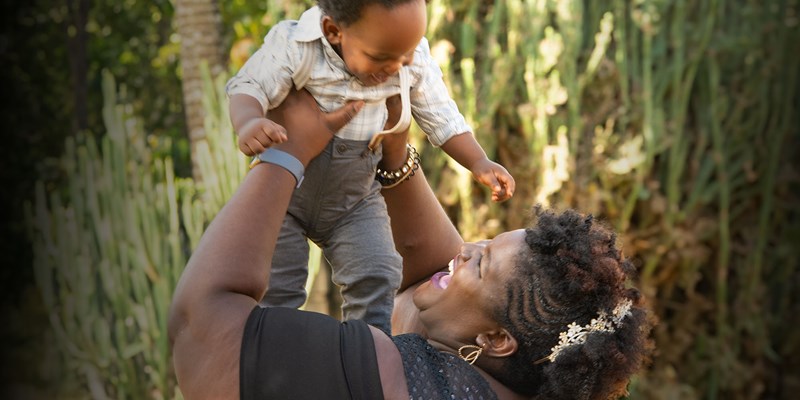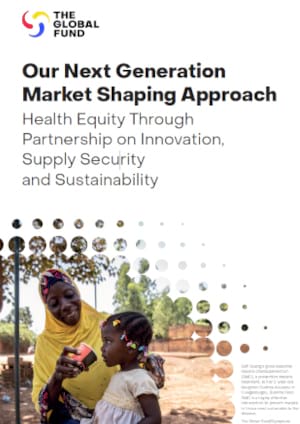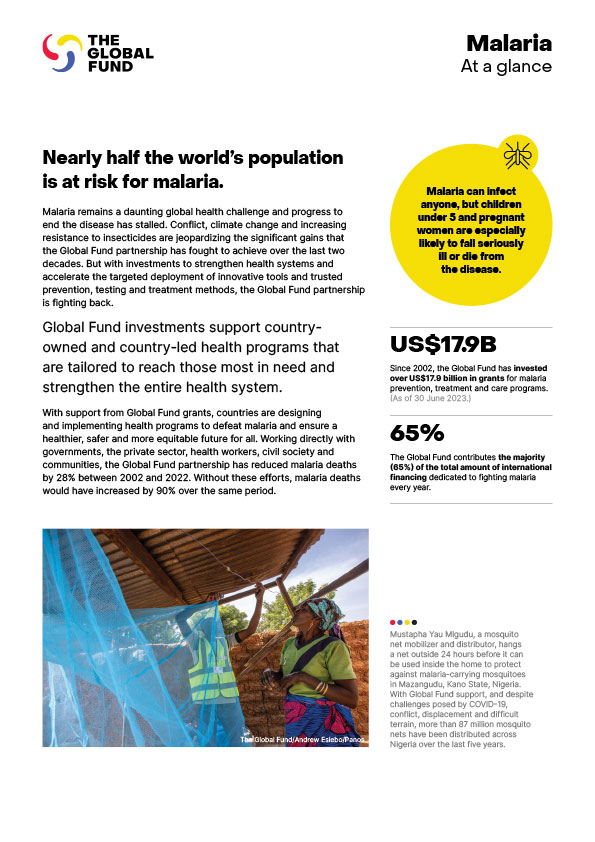COVID-19 Response in Thailand
20 January 2022
According to latest WHO figures, as of 17 January 2022, Thailand has recorded over 2.3 million confirmed cases of COVID-19 with over 21,800 deaths. Thailand was the first country outside of China to report a COVID-19 case. Stringent containment measures were introduced in March 2020, including the closure of international borders, lockdowns in major cities, and limits on movement between provinces. While flattening the epidemic curve throughout 2020 and into early 2021, these restrictions have had major economic and social consequences. Foreign tourism, which accounts for 20% of GDP and 20% of employment, has been devastated and a full recovery of this sector is not anticipated until 2026.
The early success in controlling COVID-19 could not be sustained. Cases surged in the second half of 2021 as the Delta variant took hold across the region. Hospitals were overwhelmed and the otherwise strong health system in Thailand became stretched beyond capacity. The authorities reintroduced and expanded restrictions to slow the spread. These COVID-19 related restrictions impacted implementation of Global Fund grants in Thailand – including outreach, prevention and treatment services for transgender people, people who use drugs, sex workers, gay and men who have sex with men, and migrants.
In 2021, through our COVID-19 Response Mechanism (C19RM), the Global Fund supported Thailand with over US$20.6 million to fight COVID-19, including for the procurement of personal protective equipment (PPE) and COVID-19 diagnostic tests, strengthening infection prevention and control, and the procurement of TB molecular test equipment with strong focus on provision for community organizations, migrants and key populations. The C19RM funding also focused on mitigating the impact of COVID-19 on HIV and TB programs and strengthening community health systems (including community-led monitoring, social mobilization and advocacy, and community-based organization institutional strengthening).
A strong focus on local key populations guided the implementation arrangements of programs and interventions. In fact, key populations, communities impacted by COVID-19, and broader civil society were strongly engaged in the development and prioritization of the C19RM funding request. This inclusive approach led to tailored interventions that were sensitive to diverse needs. For instance, interventions include the development of COVID-19 information in braille to ensure access for blind LGBTI community members. This extensive consultation included community-based and community-led organizations beyond the scope of the Global Fund’s current grants and across provinces and has leveraged a collaborative engagement process that ensured a strong response plan.
The engagement process in Thailand demonstrates the effectiveness of bringing communities together to develop strategies and programs that meet their own diverse needs.







